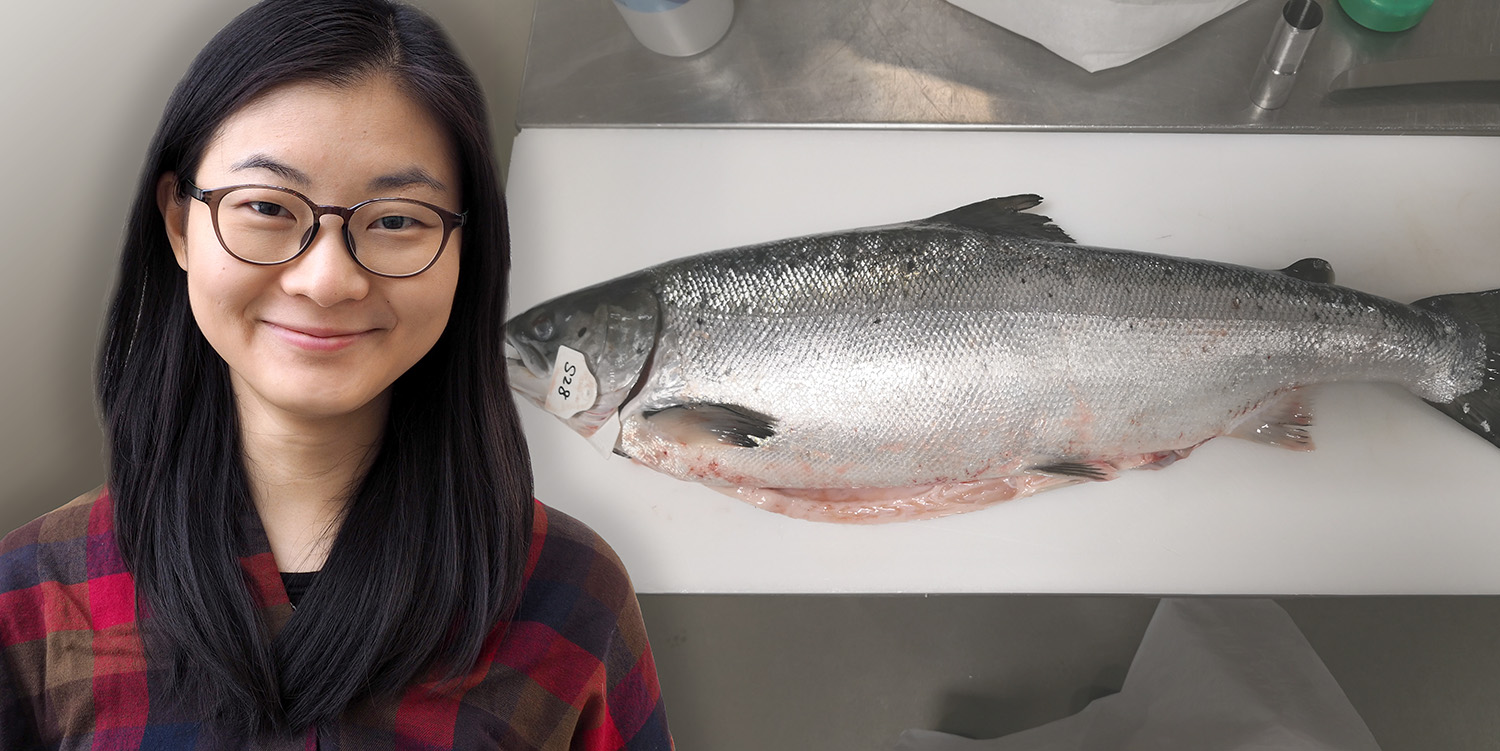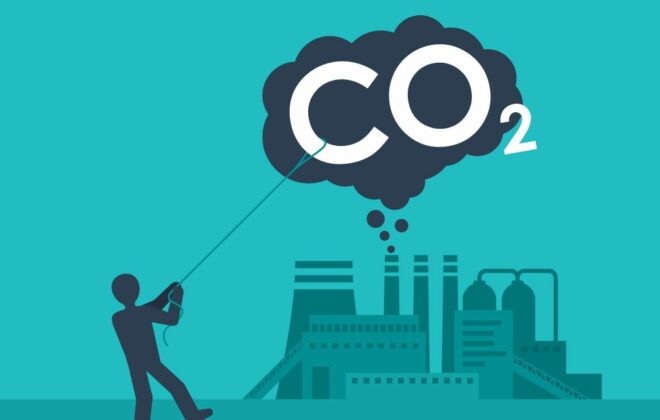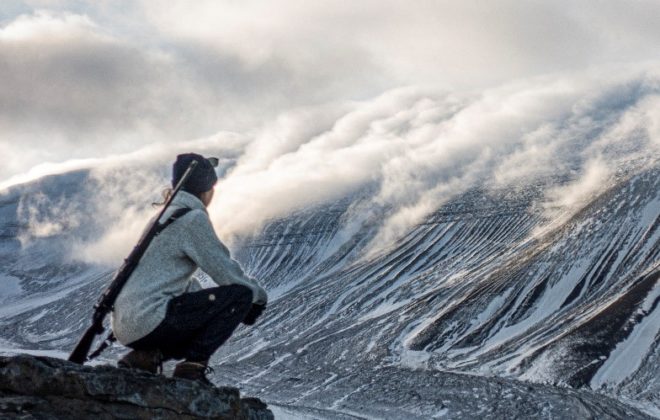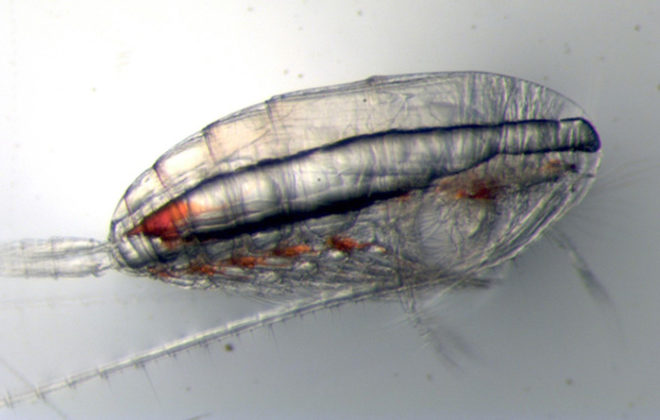Superchilling for sustainable salmon production
Superchilling salmon in refrigerated seawater is an efficient method of salmon storage to improve shelf life. Combined with efficient packaging techniques and the use of physics-based mathematical models, superchilling provides a sustainable option for the future in the salmon industry.
Water holding properties, including drip loss and water holding capacity, are important fish quality parameters. Superchilling is a preservation method prolonging the shelf life of food, where products are stored at subzero temperatures. An alternative fish slaughter method has been introduced in recent years, where fish are directly slaughtered onboard a vessel and superchilled in refrigerated seawater (RSW) at subzero temperatures during transportation. This vessel is currently the first-of-its-kind. Therefore, how this method affects the water holding properties and general quality through the whole value chain of Atlantic salmon is not fully studied.
The main objective of my PhD thesis was to examine the water holding properties of Atlantic salmon with RSW storage at subzero temperatures through two value chains:
- From whole fish to cold-smoked and vacuum packaged fillets
- From whole fish to portioned and packaged fresh fillets
Efficient method to replace ice storage
This method was compared to the conventional method of ice storage. In addition, the effect of the two whole fish storage methods combined with different packaging techniques (vacuum skin, traditional vacuum) was studied on raw fillet portions. Finally, a physics-based mathematical model on heat and mass transfer was developed to predict the water and salt uptake after dry salting and cold-smoking. This model was validated with experiments and compared with a previous empirical model. Results from the mathematical model were also used as input parameters for further simulation of water activity, validated with experimental values.
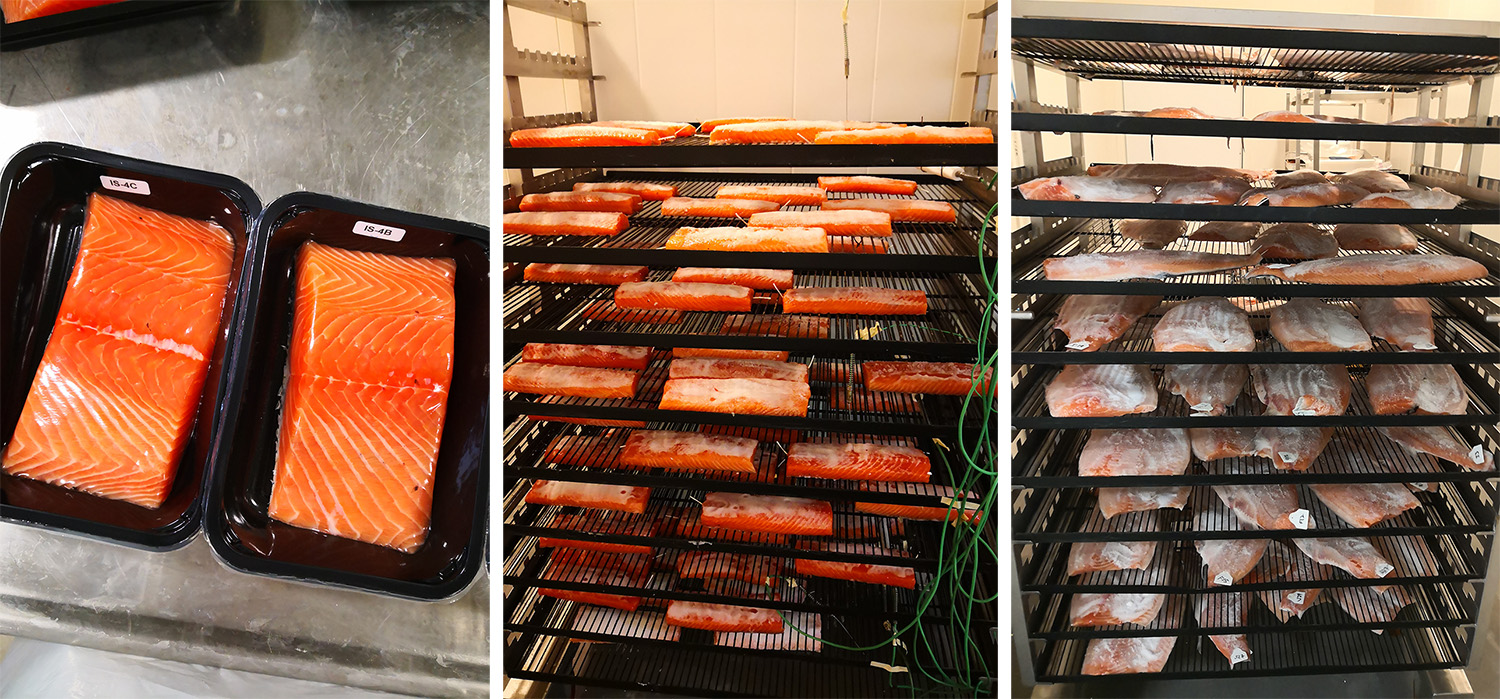
Advantages with RSW-superchilling
Overall, my PhD thesis presents the notion that RSW storage increases water and salt uptake and provides good water holding properties. Therefore, it is a feasible method for fish transportation, giving good quality salmon as those on ice. Furthermore, slaughtering fish onboard a vessel and RSW-superchilling condenses the traditional three handling steps, where fish are usually pumped into well-boats and transported to land before processing, into only one. This potentially introduces advantages like quicker cooling and the ability to store large volumes of fish that could be widely implemented with a possibility in a logistical shift of slaughter from land to sea. In addition, introducing numerical modelling into this study provides opportunities to strengthen and expand this tool for other industrial applications and process optimization.

Sherry Stephanie Chan
Sherry Stephanie Chan is a researcher at the Department of Biotechnology and Food Science.
Tags In
Search
Søk
Categories
- Arctic Research
- Arkitektur
- Bærekraft
- Bioingeniørfag
- Biologi
- Biology
- Biomedical Laboratory Science
- Biotechnology
- Bioteknologi
- Chemical Engineering
- Chemistry
- Climate
- Computer Science
- Datateknologi
- Digital
- Elektronikk
- Energi
- Energi
- Energy
- Engineering
- Engineering
- Environment
- Food Science
- Forskning
- Fysikk
- Fysikk
- Havbruk
- Informasjonsteknologi
- Informasjonsteknologi
- Ingeniørvitenskap
- Kjemi
- Kjemisk prosessteknologi
- Kjemisk prosessteknologi
- Kreftbehandling
- Kybernetikk
- Marine Technology
- Materialer
- Materials Science
- Materialteknologi
- Matvitenskap
- Meninger
- Miljø
- Min ph.d.
- My PhD
- My PhD
- My postdoc
- Nanotechnology
- Nanoteknologi
- Ocean
- Oil and gas
- Physics
- Research
- Simulering og visualisering
- Spør en forsker
- Studentliv
- Sustainability
- Ukategorisert
- Universitetsliv
- University Life
Kategorier
- Arctic Research
- Arkitektur
- Bærekraft
- Bioingeniørfag
- Biologi
- Biology
- Biomedical Laboratory Science
- Biotechnology
- Bioteknologi
- Chemical Engineering
- Chemistry
- Climate
- Computer Science
- Datateknologi
- Digital
- Elektronikk
- Energi
- Energi
- Energy
- Engineering
- Engineering
- Environment
- Food Science
- Forskning
- Fysikk
- Fysikk
- Havbruk
- Informasjonsteknologi
- Informasjonsteknologi
- Ingeniørvitenskap
- Kjemi
- Kjemisk prosessteknologi
- Kjemisk prosessteknologi
- Kreftbehandling
- Kybernetikk
- Marine Technology
- Materialer
- Materials Science
- Materialteknologi
- Matvitenskap
- Meninger
- Miljø
- Min ph.d.
- My PhD
- My PhD
- My postdoc
- Nanotechnology
- Nanoteknologi
- Ocean
- Oil and gas
- Physics
- Research
- Simulering og visualisering
- Spør en forsker
- Studentliv
- Sustainability
- Ukategorisert
- Universitetsliv
- University Life

